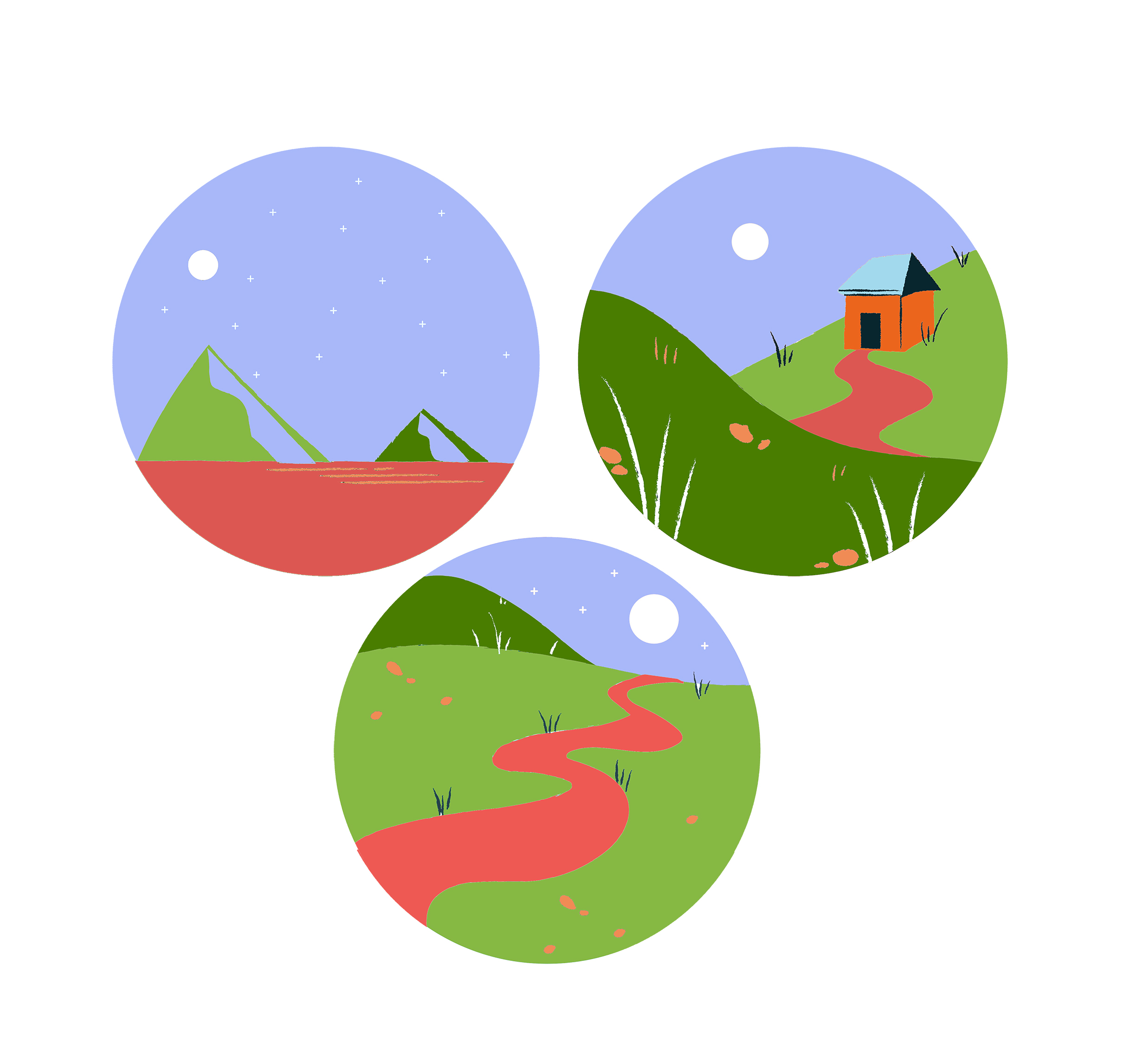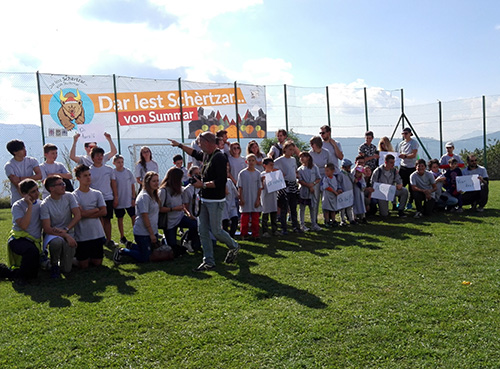
Bilingualism in the Family
6 July 2022
Language Vitality and Digital Games
18 September 2023I leave work and begin my journey back home. A car slowly overtakes me and I hear a clear and loud “I grüazte” from the open window. I recognize the car belonging to Nicola, a young man who moved to Luserna thanks to the Coliving project.For a little over two years, he and his family, along with three others, have made the village their home, enjoying the serene and calm life of Lusérn. The community gave them an enthusiastic and warm welcome, in true Cimbrian fashion.
As I arrive in Plazt, I spot the car from which the Cimbrian greeting had come, now just parked. Nicola steps out, greeting me once more with a pleasant “I grüazte Valentina, bia geatz? Bo geasto?”. You cannot imagine how much I am filled with delight by the greeting in my own language, and I could not help but respond in Cimbrian, especially knowing its significance to him: each opportunity is precious for learning new words and expressions, as well as for getting practice. It is remarkable how he has become fluent in our language within two years, consistently amazing every lusérnar resident he engages with for a chat, entirely azpe biar (Cimbrian).Despite not fully grasping the various syntactic structures of this ancient Bavarian German, he won’t give up and refuses to incorporate Italian or the dialect into his speech. It would be nice if we all approached learning a new language in the same way, or also tried to put Italian and English expressions that more and more become incorporated into our Cimbrian conversations into their equivalents in azpe biar.
We are aware of the challenges faced by adult learners in mastering a new language and adapting to linguistic rules that differ from their mother tongue. In contrast to how children spontaneously acquire their mother tongue—or, as commonly occurs in the case of Luserna, the family language—the learning process for adults can be demanding and not always straightforward. This is particularly true when it comes to pronouncing sounds, which, if not learned in early childhood, become hard to reproduce.
Nicola and the other adults in the Coliving project are engaging in this learning journey. But their children, eleven young lusérnar residents, are fortunate to be exposed and to learn Cimbrian from a young age through consistent and expert instruction at the nursery and kindergarten during the school year, and thanks to the programs of Summar Khindargart and the Cimbrian summer camp during the summer months. Effortlessly, the children absorb sounds, new words, and language construction rules, echoing and reflecting them within their families, while also involving their parents in this learning process.
A consistent number of non-native speakers has reached a high level of proficiency in certain minority languages. At the same time, endangered languages spoken in small communities face progressively declining numbers of speakers and the threat of impoverishment, resulting in the loss of vocabulary, phrases, and syntactic structures. Attaining new speakers is essential for languages with a limited number of speakers, like Cimbrian.
Lastly, the fact that people not originally from Luserna are showing a deep interest in Cimbrian, and their enthusiastic approach to learning the language, can only encourage and motivate us to keep working harder in preserving and transmitting our ancient and precious idiom to the younger generations.
Valentina Nicolussi Castellan





